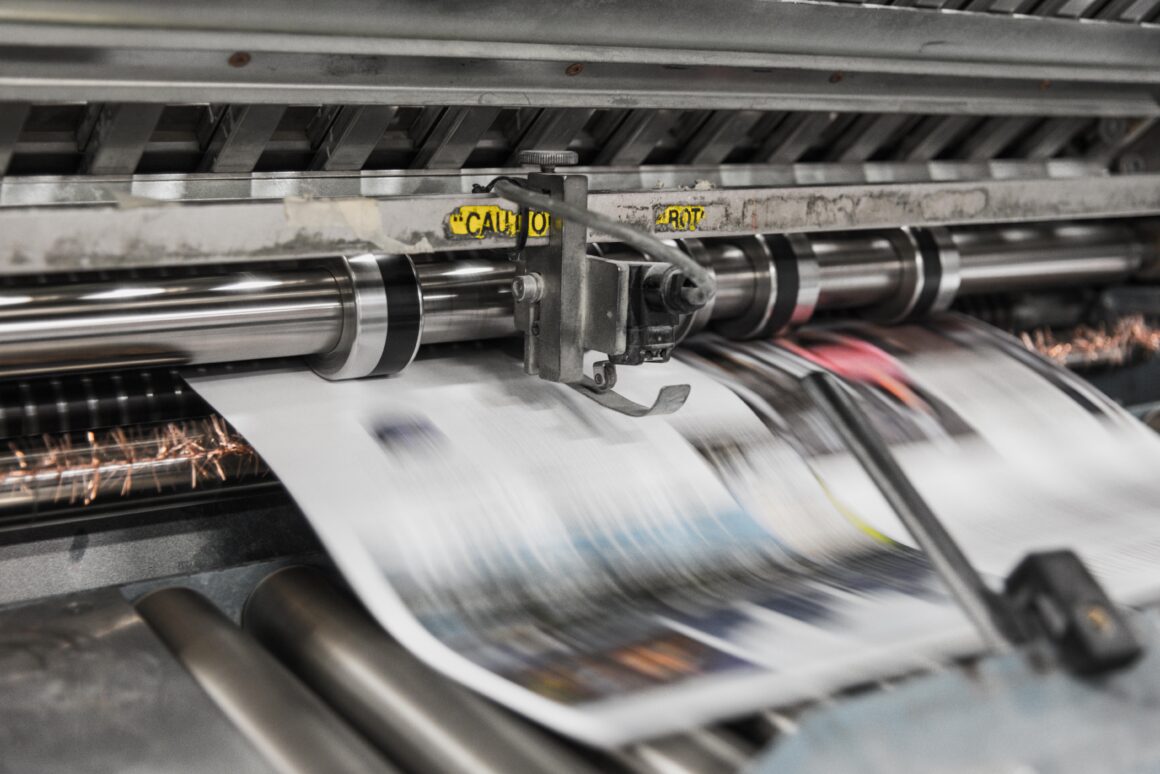PayPal, one of the world’s biggest online payment systems, will enforce new policy updates in the U.S. starting at the end of this month, affecting independent resellers.
One of the company’s new amendments states that, “We are excluding items intended for resale, including single item transactions or transactions that include multiple items, from reimbursement eligibility under our Purchase Protection Program.”
What this means is items sold for resale (secondhand and previously owned items) are no longer protected under PayPal. If someone sells you a secondhand Celine Luggage Tote that turns out to be counterfeit, you are ineligible for a refund through PayPal’s Purchase Protection Program. Whether or not the seller is willing to give you a refund in a separate issue.
Many people flock to secondhand marketplaces to buy high-end or luxury goods because it’s more sustainable and affordable. And with these brands’ constant price increases—sometimes even multiple times a year—the secondhand/pre-loved market grows as a more viable option each day.
But this new PayPal amendment will not only affect the luxury resale market (specifically independent small shops on Instagram and other platforms) but small resellers of all kinds of goods. Bigger consignment marketplaces like Fashionphile and Rebag have store-specific protection programs that protect them from conditions like PayPal’s new terms while smaller shops most likely don’t.
This new amendment may deter new or inexperienced buyers from purchasing from smaller sellers and instead go with more well-known merchants for an added layer of trust. While this is great for the larger companies, smaller resellers just starting their shops will have a harder time building up customer bases, especially if they sell high end or designer goods that have to go through strenuous “legit checks” to ensure authenticity.
Apps like Poshmark and Depop have authentications either through themselves or legitimate third parties—Depop uses Real Authentication and Poshmark uses its own program on items priced over $500. But for those who don’t want to use these platforms, which have fees, respectively, the only option is to be completely independent.
Smaller sellers can still provide a layer of trust for customers, though. Whether an item is luxury or not, keeping original receipts, tags, boxes, dust bags, and anything else that came with the item can ensure legitimacy. If buyers know a seller can prove to them in multiple ways that an item is real, they will be more likely to shop from a smaller seller, especially if they can get a better deal from them.
However, the lack of availability of refunds poses a problem to buyers, as well as sellers. Smaller shops tend to charge lower prices since the items they sell are usually from their own collections and they want to compete with the competition. Whether it was a gift they never ended up using or they want to make room in their closet for something new, small sellers probably aren’t going to charge as much as a more well-known consignment shop. While buyers know they will be spending a pretty penny even though the item’s secondhand, saving money is always a plus. Again, if small sellers use many ways of legitimizing an item, buyers could purchase what they want and save money while doing so.
Still, as a buyer, this is worrying. I enjoy supporting small businesses and have recently been interested in higher-end and luxury fashion. What comforted me in possibly buying from an independent seller off of platforms like Instagram instead of going to a larger shop was Paypal’s Protection Program. Since that is gone, I am less likely to shop smaller which harms these businesses.
Because of this, new sellers are going to have to provide more key evidence that their items are authentic and come up with their own policies that protect themselves and the buyers from getting scammed, all while trying to build a business.
Although this amendment will create a large shift in the resale market, it does have a silver lining. In a transaction, buyers are able to scam sellers as well. Throughout the Depop subreddit, I have read multiple posts of buyers recounting their stories of a seller claiming they never received an item, or that an item was faulty when not true. Because of buyers’ previous protection from the PayPal Protection Program, the seller would lose money from the sale and have to issue the buyer a refund. Now, buyers intent on scamming sellers will have a harder time, which is a positive.
The role of these policy updates will change trading relationships between buyers and sellers, not just in America but around the globe. U.S. sellers will have to compete with international sellers whose transactions are PayPal protected by being able to show authentication of their goods. With PayPal’s policy updates no longer ensuring the safety of buyers from fraudulent sellers, both buyers and sellers will have to pay more attention to trust in trading relationships going forward.
Featured image via mohamed hassan from PxHere




